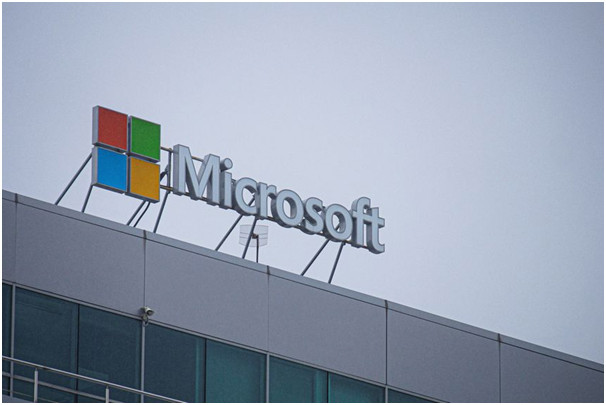
On Thursday, the US government and Microsoft Corp (MSFT.O) agreed to the tech company's apparent violations of sanctions and export controls. Microsoft voluntarily disclosed the violations and has agreed to pay about $3 million to settle its potential civil liability for more than 1,300 apparent sanctions violations. These violations were related to restrictions on Cuba, Iran, Syria, and Russia concerning the export of services or software from the US to sanctioned jurisdictions. The US Treasury Department stated that Microsoft's conduct was "non-egregious and voluntarily self-disclosed." Most of these violations occurred between 2012 and 2019 and were related to blocked Russian entities or individuals in Ukraine's Crimea region. The Treasury Department also stated that these violations happened because Microsoft failed to identify and prevent the use of its products.
In 2014, Russia annexed Crimea before launching a full-scale invasion of Ukraine in early 2022.
The US Treasury Department revealed that the sanctions violations occurred due to inadequate or inaccurate information on the end customers for Microsoft products and that there were deficiencies in Microsoft's restricted-party screening.



